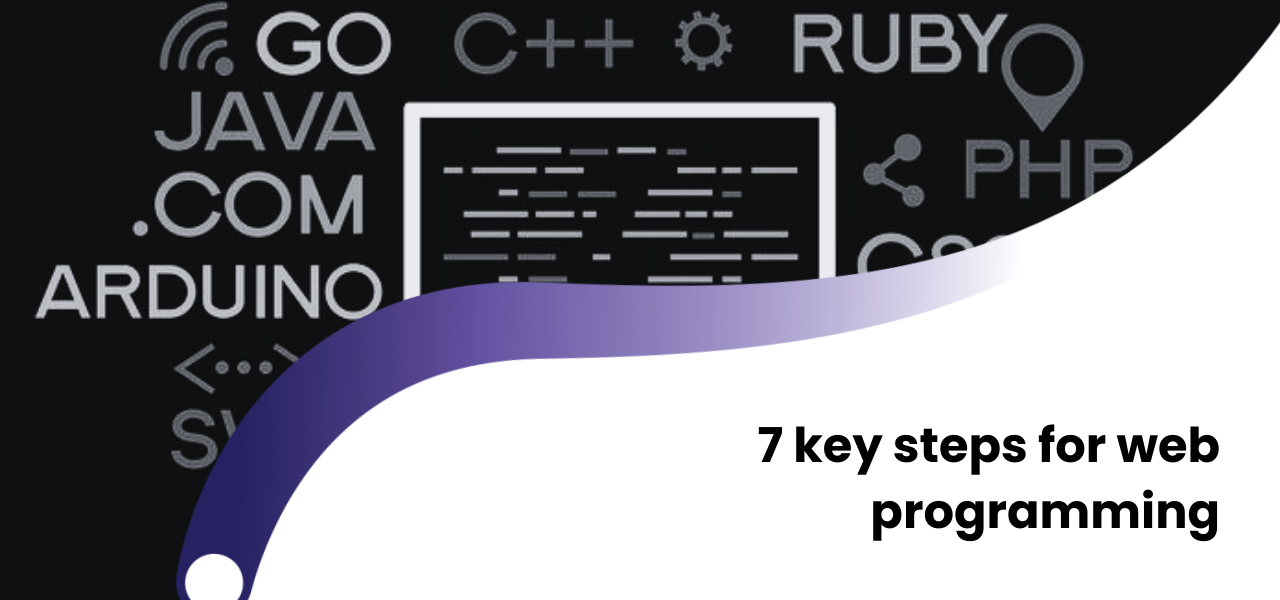Quantum computing leverages the principles of quantum mechanics which govern the behavior of subatomic particles to perform complex computations at exponentially faster speeds than traditional computers. While quantum computing is still in its developmental stages, it has the potential to solve problems that even the most advanced supercomputers cannot handle or would take too long to solve.
Recent breakthroughs in quantum computing
Quantum machine learning integration - Quantum machine learning (QML) is bridging the gap between quantum computing and AI. This allow quantum systems to enhance machine learning algorithms, opening the door to faster, more powerful computational models.
Hybrid quantum-classical algorithms - Hybrid systems combining both quantum and classical computing are gaining popularity. These algorithms aim to leverage the strengths of both systems, tackling computational challenges that are too complex for classical computers alone.
Practical implementations - Quantum computing’s impact is already being felt in practical applications, from AI advancements to the development of more efficient system technologies. Real-world implementations of quantum systems are now becoming more common, showcasing the transformative potential of this technology.
How quantum computing works in the cloud
Quantum computing in the cloud merges the computational power of quantum systems with the flexibility and scalability of cloud computing. This integration allows researchers, businesses, and developers to access quantum resources remotely without the need for specialized hardware. By leveraging cloud-based quantum platforms, users can execute quantum algorithms, manipulate quantum information, and tackle complex computational problems more efficiently than classical computers.
Key applications of quantum computing in the cloud
✔️ Optimization and operations research - Quantum algorithms like the Quantum Approximate Optimization Algorithm (QAOA) and Quantum Annealing can solve complex optimization problems more efficiently than traditional methods. Cloud-based quantum computing enables businesses to:
Optimize supply chains and logistics
Improve financial modeling and risk assessment
Enhance resource allocation and scheduling
✔️ Advanced machine learning and AI - Quantum computing in the cloud accelerates machine learning by enabling faster processing of large datasets.
✔️ Cryptography and cybersecurity - Quantum computing poses both threats and opportunities in cybersecurity. While quantum computers can break classical encryption methods, cloud-based quantum computing also enables the development of quantum-safe cryptographic techniques.
Future of quantum computing in the cloud
The future of cloud-based quantum computing is driven by advancements in hardware, algorithms and quantum software. As these technologies evolve, they will revolutionize industries by increasing computational power, making quantum solutions more practical for real-world applications and expanding accessibility, allowing more businesses and researchers to experiment with quantum computing. By tackling challenges such as quantum error correction and scalability, cloud-based quantum computing will unlock new frontiers of knowledge, driving innovation across multiple sectors. By making quantum resources more accessible, cloud-based platforms empower researchers and businesses to solve problems that were previously infeasible. As hardware and software continue to evolve, the integration of quantum computing with the cloud will pave the way for a new era of technological breakthroughs, redefining the way we approach complex computational challenges.
 +994512060920
+994512060920





